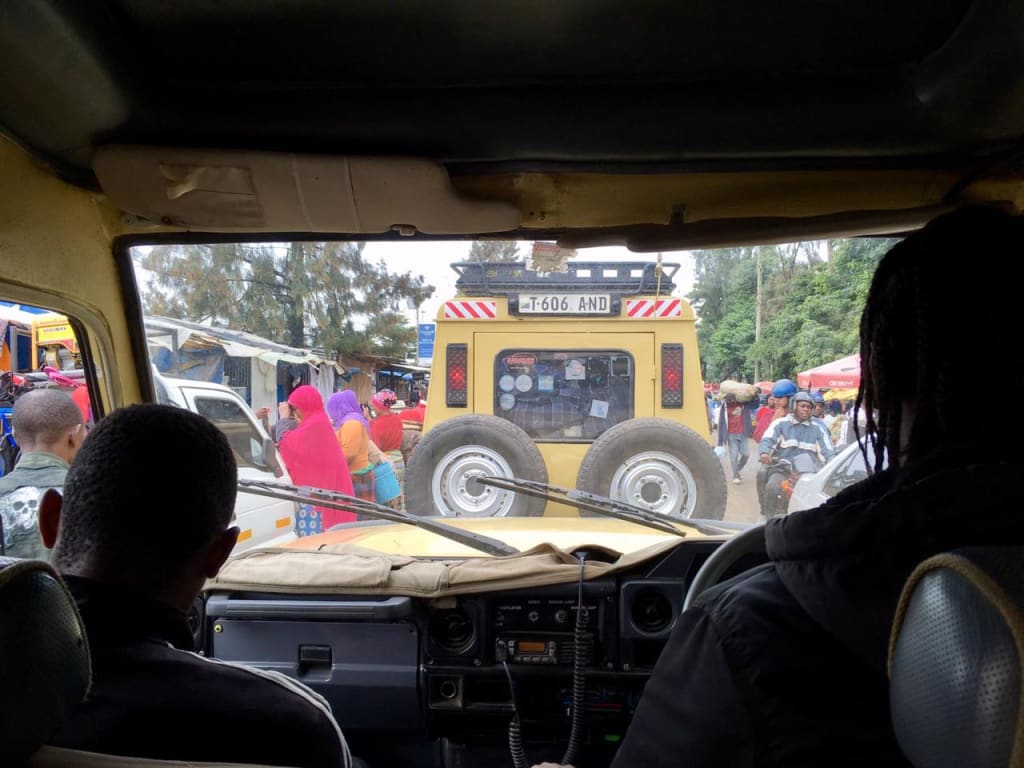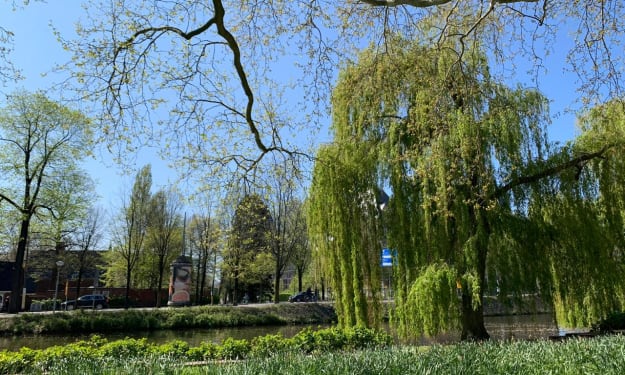On Language, All That
Notes from my trip to Tanzania 2019

1) Swahili has increasingly grown on me. The fruit song is as catchy as the "jambo jambo." Sometimes it flows through me, and my pronunciation is noticeably different from that of my peers, being filtered through my Spanish-speaking tongue positions. Jo says you are so incredible! You learn so fast! She is always so encouraging. I have always wanted to learn a third language, and hence I have flirted with French ever since the fourth grade. But after all these years I have still not taken a formal course, and with nobody to practice with, hence je ne parlais pas (I did not speak in French). A few Swahili crash courses and I was up and running. Practicing a language is such a big part of learning. It unravels world views and the things one takes for granted.
2) Language is also a big part of nation building. On our first week, Steven Ndozi taught us that Swahili was spoken by essentially all Tanzania. "That was part of the legacy of Julius Nyerere, our first president." I was impressed at Tanzania’s strong national identity, weaved with Swahili among its many tribes and across distances and differences. A democratic ideal. I thought of various segregation problems in the Western world, and then attempted to imagine the turmoil tribalism has caused in the African continent, legacy of colonialism. I was glad Tanzania was somehow saved by language and words. Ones whom spoken and understood, created solid bases for a common identity, a Tanzanian nationality.
3) A few hours later I met Alex, Steven’s youngest son. "What language do you think in?" I asked.
I saw his calm face get a little tense, clearly thoughtful. "In English… sometimes in Swahili," he responded.
"What language do you speak the most?" As a bilingual person (English being my second), I wondered how far had the British penetrated Tanzania, after I learned it was their protectorate.
"With my friends, we speak in Swanglish."
I laughed, "I speak in Spanglish all the time too."
4) Aylett and Barnes, began their encyclopedia entry with the following: “Language is inescapable. To think about the meaning of language is already to use it.” (153). I cannot agree more. I remember when last summer I was taking a philosophy class, and an article raised the following scenario: what if thoughts were subconscious, and only those that are strong enough are the ones we know how to articulate in language? Good question. In 1984, George Orwell explored how the boundaries of consciousness are drawn by Big Brother, as it continuously and progressively eliminated words from the regular language. Language can be ideological, revolutionary and counter-revolutionary; “interpretation was never straightforward” (Aylett & Barnes 154).
5) Among the methods and techniques used in Language Analysis, Aylett and Barnes mention rhetoric, metaphor, discourse, and deconstruction. From persuading to “creating new truths” (Aylett & Barnes 155), language is a door, a lens, and a weapon. I was once talking to Michael, one of our safari tour guides, where he asked about human geography and he spoke about his passion for wildlife and resource conservation. "So based on what you learn in your university, how can you solve Africa?" he asked. The question was big in itself, but I spoke up:
"The first problem is the ‘solving’ rhetoric. I find it problematic referring to Africa as a ‘problem or place to be solved’. There are many things people can learn about Africa. We may have different world views, and all places have their problems. I don’t think I have the knowledge within my discipline yet to provide solutions to certain things that can certainly be improved, but I can say that using that type of language only perpetuates the misconception that Africa must be solved by others, when clearly we can all learn from each other."
I could hear Jo cheering at the other side of the table. Eric looked at me still through the cup as he sipped some more Konyagi. Michael simply said, "Fair enough."
About the Creator
Silvana Martinez
20-year old Colombian living in Canada and the Netherlands. Exploring a writing voice.






Comments
There are no comments for this story
Be the first to respond and start the conversation.